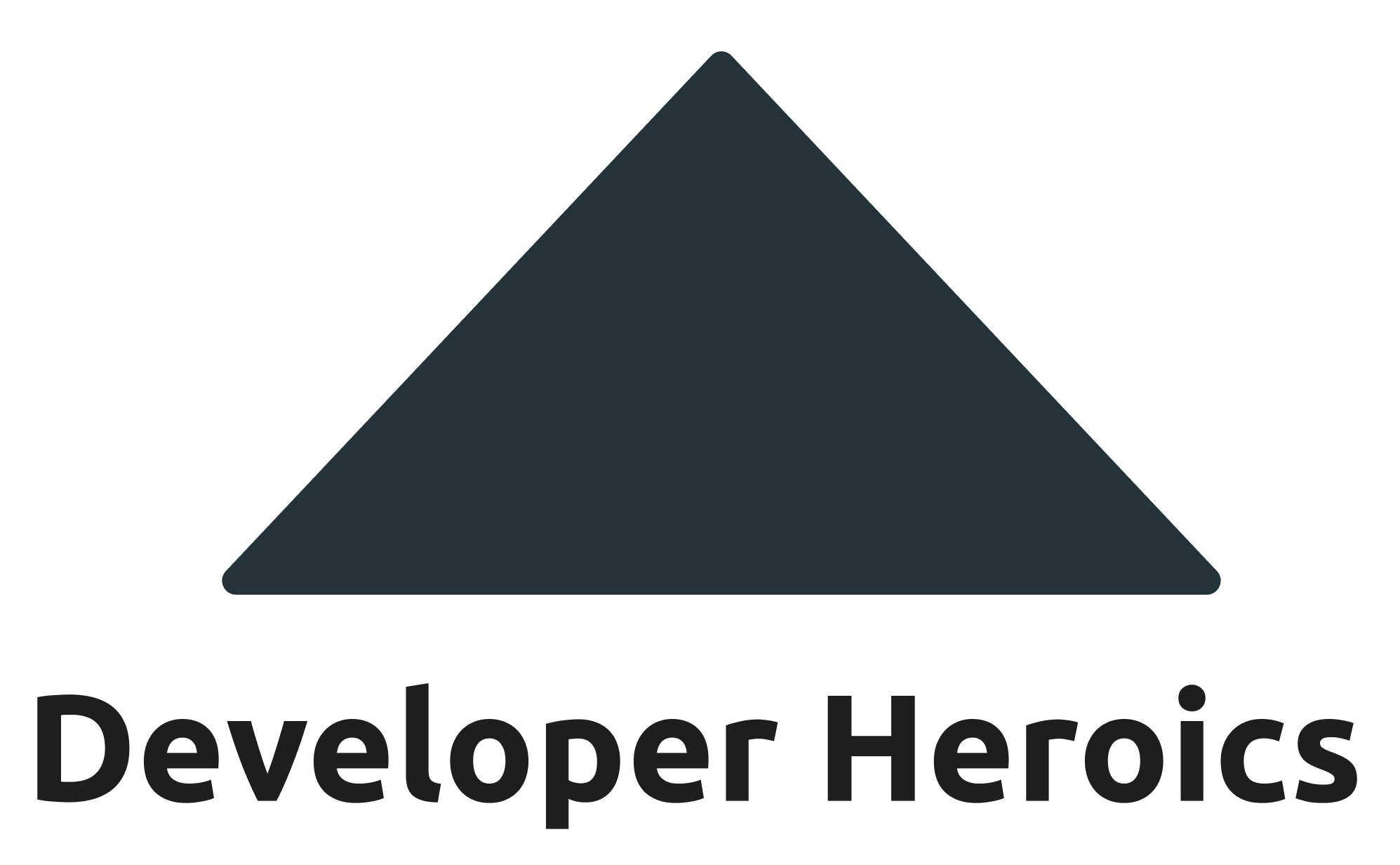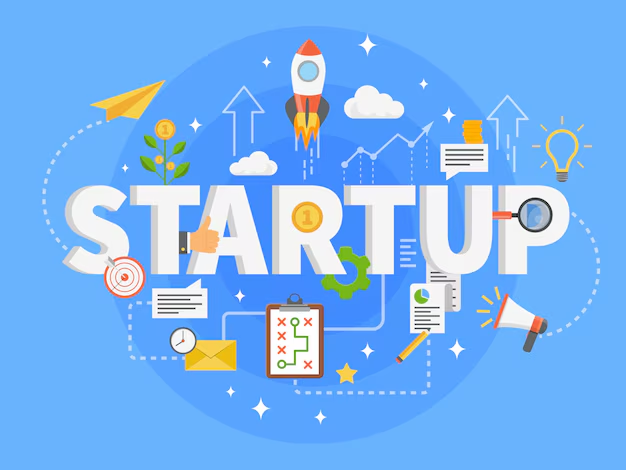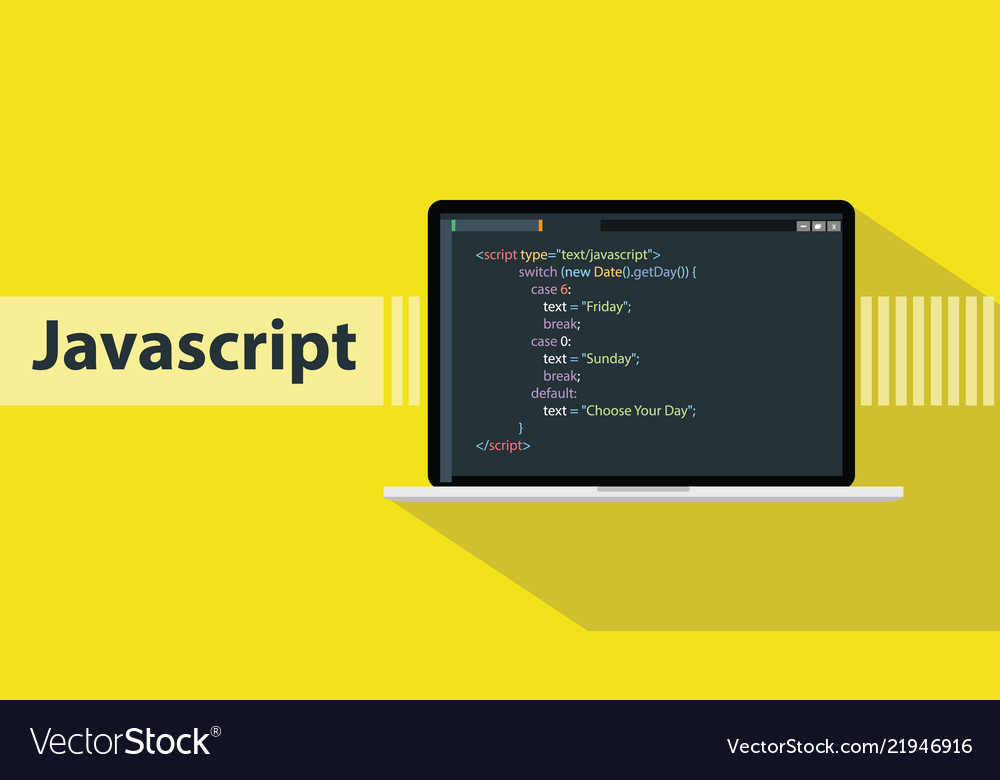Today we’ll look at steps to land your first programming job. Software development is booming, offering opportunities for those passionate about creating technology. If you’re a budding programmer with a thirst to turn your coding skills into a fulfilling career, here’s a roadmap to guide you toward landing your first programming job:
1. Choose Your Programming Path:
The programming landscape offers a more languages and specialities than we can probably name in this article. While it’s tempting to try and learn them all, focusing on a specific area initially is the best appraoch. Research popular programming languages used in industries that interest you. Consider factors like job market demand, your interests, and the type of projects you’d like to work on. Popular options include Python (versatile and beginner-friendly), Java (widely used in enterprise applications), JavaScript (essential for web development), and C++ (powerful for system programming). In today’s job market, I would venture to say learning JavaScript would make it the easiest to branch out later in your career.

2. Master the Fundamentals:
Once you’ve chosen your language, dedicate time to solidify your understanding of programming fundamentals. Knowing the basics won’t cut it in this AI-driven market. This includes grasping core concepts like variables, data types, control flow statements, functions, and object-oriented programming (OOP) principles. There are plenty of online resources that can help you on this path. Popular choices for younger engineers are online coding platforms like Codecademy or HackerRank, video tutorials on YouTube (I will have some resources at the bottom of this article), or even structured courses offered by platforms like Coursera or edX.
3. Practice Makes Perfect:
Learning to code is a lot like working out. It takes working out consistently over a long period of time to see real results. Supplement your theoretical knowledge with hands-on experience. Coding platforms like LeetCode or HackerRank offer a plenty of coding challenges to work on your problem-solving skills and solidify your grasp. Open-source projects are another fantastic way to gain practical experience while contributing to real-world software development. A good place to start would be a repo like Excalidraw.

4. Build a Compelling Portfolio:
Your portfolio is your chance to showcase your abilities to potential employers. Don’t just list your skills – demonstrate them (videos are fine, but links to deployed projects are better)! Choose projects that highlight your chosen programming language and showcase your problem-solving approach. These projects can be personal websites, mobile apps, games you’ve developed, or contributions to open-source projects.
5. Tailor Your Resume and Cover Letter:
Your resume and cover letter are your first impression for potential employers. Create a clear and concise resume that highlights your programming skills and relevant experience. Focus on achievements and quantifiable results. Data. Data. Data. That is not a typo, businesses want to see the data points, not just talking points. Tailor your cover letter to each job application, showing your understanding of the company and its needs. Highlight how your skills and interests align with the position.
6. Network Like a Pro:
Building connections in the programming world can significantly increase your chances of landing a job. All of the jobs I have had in my engineering career have come from my network, not cold applying. Attend industry meetups, conferences, or hackathons. Connect with other programmers online through forums or professional networking sites like LinkedIn. Engage in discussions, ask questions, and showcase your expertise. The connections you build can open doors to new opportunities.
7. Participate in Online Coding Communities:
Online coding communities are a goldmine for aspiring programmers. Engage in forums like Stack Overflow, where you can ask questions, learn from others’ experiences, and even contribute your own knowledge. Participating actively demonstrates your passion for coding and your problem-solving skills. It is so easy to just use chat GPT for coding problems, but being able to utilize a community like Stack Overflow can only boost your soft skills.
8. Brush Up on Soft Skills:
While technical skills are essential, don’t underestimate the importance of soft skills. Excellent communication, teamwork abilities, and a positive attitude are highly valued by employers. Practice clear communication when collaborating on projects or explaining your thought process. Develop a growth mindset that embraces learning and feedback. Understand that when you get feedback you don’t agree with, it isn’t a personal attack, but something you can learn from.
9. Prepare for Technical Interviews:
Many companies incorporate technical interviews into their hiring process. These interviews assess your coding skills and problem-solving abilities. Practice common coding interview questions and algorithms. Familiarize yourself with data structures frequently used in software development (e.g., arrays, linked lists, trees). Online resources and mock interview platforms can help with interview preparation. If you caught the earlier section about LeetCode and HackerRank, you are already working on this piece!
10. Don’t Get Discouraged:
The job search can be a marathon, not a sprint. Rejection is a natural part of the process. Use it as a learning opportunity to refine your skills and application strategy. Always reach out to interviewers who passed on you to get an understanding of why. Stay motivated, keep practicing, and keep applying. With perseverance and continuous learning, you’ll eventually find the perfect job to launch your career.
Wrapping up the steps you can take to land your first programming job
By following these steps and maintaining a proactive approach, you’ll equip yourself with the skills and confidence to navigate the job market and land the dream role in the engineering world.
My favorite resources:
DevelopedByEd: https://www.youtube.com/@developedbyed
FreeCodeCamp: https://www.freecodecamp.org/
Fireship: https://www.youtube.com/@Fireship
Now, get out there and code something amazing!
P.S. Thanks for reading, please continue checking out our content at https://www.developerheroics.com





